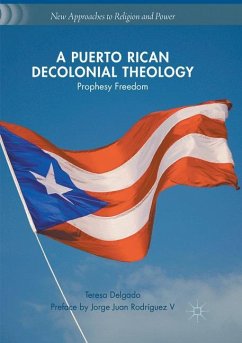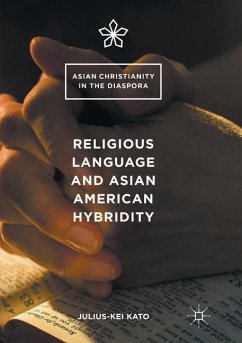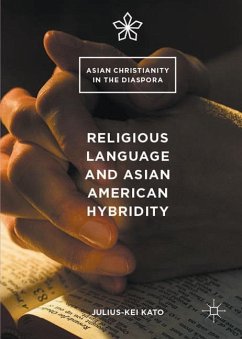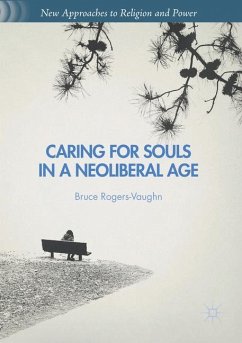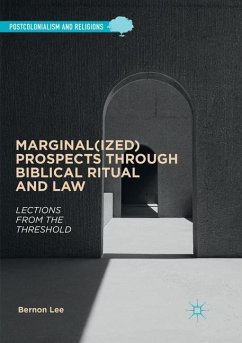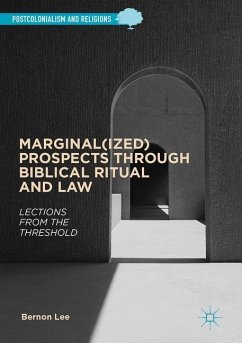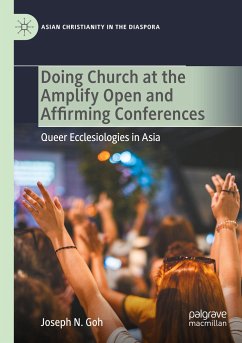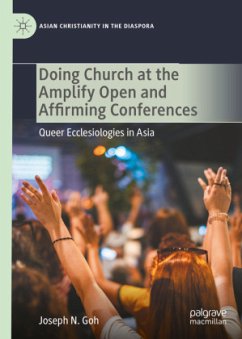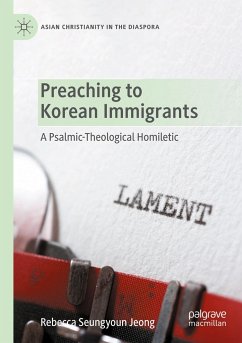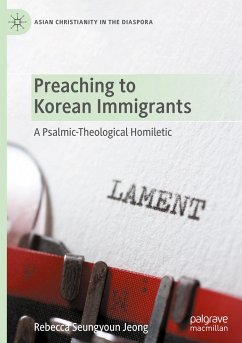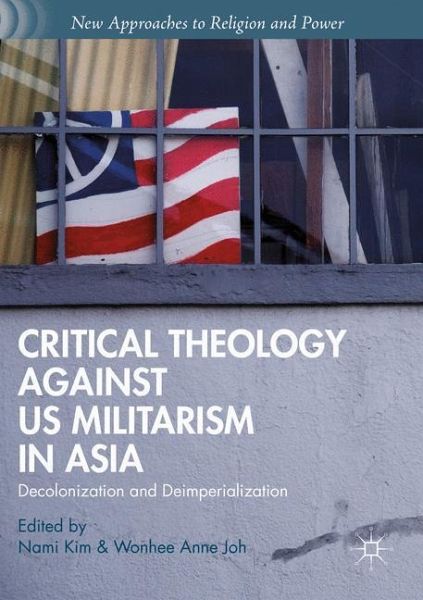
Critical Theology against US Militarism in Asia
Decolonization and Deimperialization
Herausgegeben: Kim, Nami; Joh, Wonhee Anne
Versandkostenfrei!
Versandfertig in 6-10 Tagen
61,99 €
inkl. MwSt.

PAYBACK Punkte
31 °P sammeln!
Drawing on cultural studies scholar Kuan-Hsing Chen's threefold notion of decolonization, deimperialization, and de-cold-war, this book provides analyses of the interrelated issues concerning the relationship between Christianity and the United States' imperialist militarism in the Asia Pacific. Contributors explore the effects of US imperialist militarism on the formation of Asian and Asian American collective subjectivity and inter/intra subjectivity. The book investigates the ways in which Christianity (broadly defined), in its own complexity, has been complicit in maintaining and reinforci...
Drawing on cultural studies scholar Kuan-Hsing Chen's threefold notion of decolonization, deimperialization, and de-cold-war, this book provides analyses of the interrelated issues concerning the relationship between Christianity and the United States' imperialist militarism in the Asia Pacific. Contributors explore the effects of US imperialist militarism on the formation of Asian and Asian American collective subjectivity and inter/intra subjectivity. The book investigates the ways in which Christianity (broadly defined), in its own complexity, has been complicit in maintaining and reinforcing US imperialist military agendas in both national and international contexts. Conversely, the volume also discusses the various sites and instances where Christianity has managed to serve as a force of resistance against US imperialist militarism.





